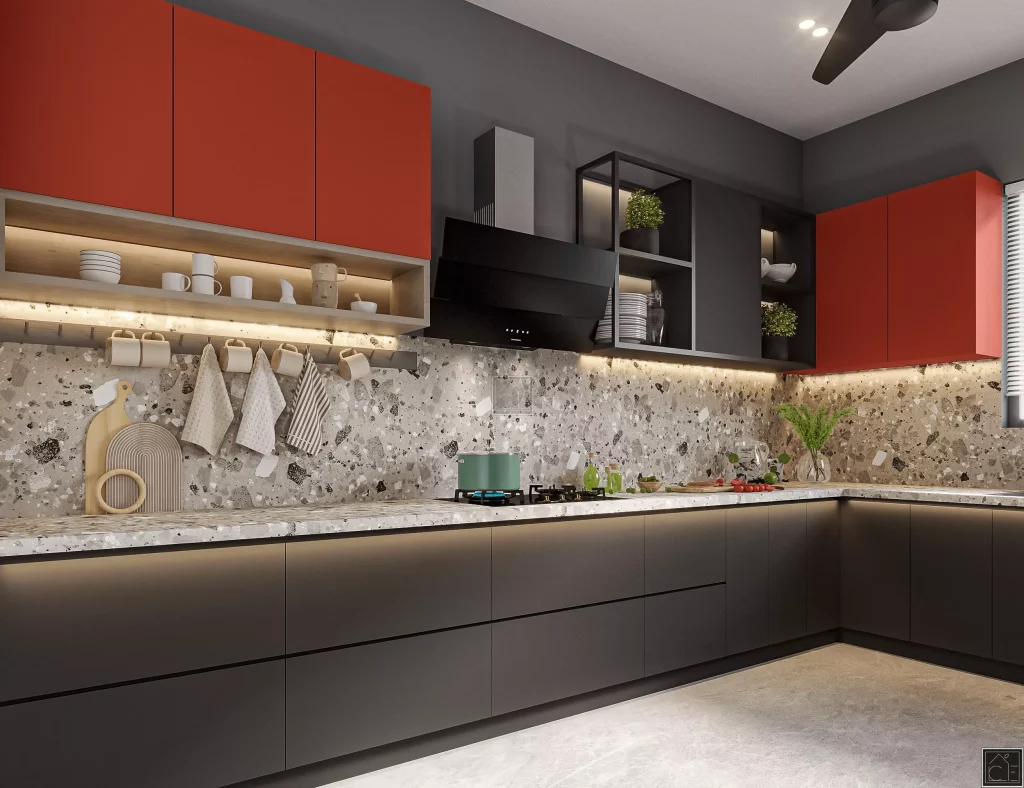Modular Furniture vs. Carpentry Furniture: Making the Right Choice for Your Space
When it comes to furnishing your home or office, there are various options available, including modular furniture and carpentry furniture. Each approach has its advantages and considerations. In this blog post, we will explore the differences between modular furniture and carpentry furniture, highlighting their unique features, customization options, cost factors, and suitability for different spaces. By understanding these distinctions, you can make an informed decision that aligns with your needs and preferences.
- Design Flexibility and Customization: Modular Furniture: Modular furniture offers a high level of design flexibility and customization. These pieces are pre-designed and manufactured in standardized modules that can be easily combined and reconfigured. You can mix and match modules to create unique arrangements that suit your space and requirements. Additionally, modular furniture often comes with a range of finish options, allowing you to personalize the aesthetic to match your style.
Carpentry Furniture: Carpentry furniture provides a higher degree of design customization as it is typically built on-site by skilled craftsmen. With carpentry furniture, you have the freedom to design and create bespoke pieces that perfectly fit your space. This approach allows for greater control over material selection, dimensions, and intricate detailing. Carpentry furniture offers a unique touch and can be tailored to your specific design vision.
- Installation and Portability: Modular Furniture: One of the key advantages of modular furniture is its ease of installation and portability. Since modular pieces are designed in standardized modules, they can be easily assembled, disassembled, and reassembled as needed. This flexibility makes modular furniture ideal for those who frequently move or want the option to reconfigure their space without hassle.
Carpentry Furniture: Carpentry furniture, on the other hand, is typically built on-site and becomes a permanent fixture of the space. While this ensures stability and durability, it may limit the flexibility to modify or relocate the furniture in the future. Carpentry furniture is better suited for long-term use in spaces where customization and permanence are desired.
- Quality and Durability: Modular Furniture: Modular furniture is usually manufactured in factories using standardized processes and quality control measures. As a result, it tends to have consistent quality and durability. However, the overall quality may vary depending on the brand and materials used. It’s important to research reputable manufacturers that offer reliable products.
Carpentry Furniture: Carpentry furniture is often associated with superior craftsmanship and attention to detail. Skilled carpenters work with precision and can use high-quality materials to create sturdy and long-lasting furniture pieces. The customization aspect allows for a higher level of quality control, as specific materials and construction techniques can be selected to meet your preferences.
- Cost Considerations: Modular Furniture: Modular furniture is generally more cost-effective compared to carpentry furniture. The use of standardized modules and mass production processes helps keep the costs down. Additionally, the flexibility to add or modify modules over time provides cost-efficient scalability.
Carpentry Furniture: Carpentry furniture tends to be more expensive due to the custom design and on-site construction involved. The cost may vary depending on factors such as the complexity of the design, materials chosen, and the skill level of the carpenter. However, investing in carpentry furniture can provide unique and long-lasting pieces that add value to your space.
Choosing between modular furniture and carpentry furniture depends on your specific needs, preferences, and budget. Modular furniture offers design flexibility, easy installation, and affordability, making it suitable for those seeking adaptable and cost-effective solutions. Carpentry furniture provides customization options, superior craftsmanship, and a unique touch, making it ideal for those who prioritize bespoke designs and long-term investment.

